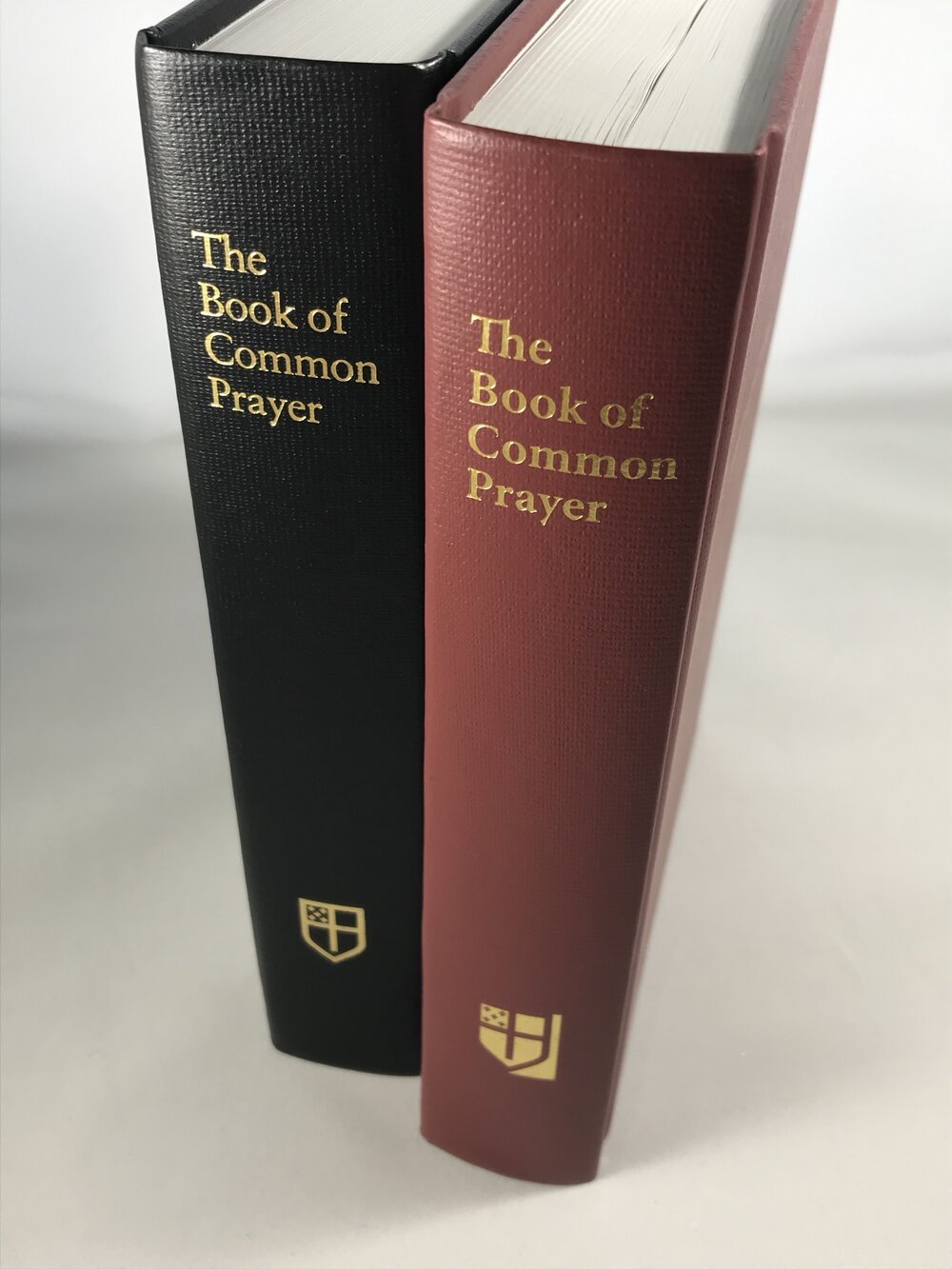
What We Believe
What do we believe?
Members of the Episcopal Church (“Episcopalians”) are followers of Jesus Christ. We confess that Jesus is the Son of God, who became fully a human being like us (a word used to describe this is “incarnate”), to show us the way of salvation in his name.
Following his sacrificial death for us, Jesus was bodily raised from the dead on the third day and revealed himself to his disciples. He then commissioned them as his witnesses to the rest of the world and, after his ascension into heaven, bestowed upon them the promised Holy Spirit at Pentecost. This small band of disciples was the beginning of the Church (the “called out ones”) and the new creation in Christ.
The Episcopal Church is part of that one, big body of believers called Christians. We believe that the Holy Scriptures of the Old and New Testament are truly the Word of God and that they contain all things necessary for our salvation. We confess the ancient beliefs of the Church in the Apostle’s Creed and Nicene Creed (Creed: from the Latin Credo, “I believe”), and in the grace of Christ communicated to us through the Sacraments of the Church, chiefly in the sacraments of Holy Baptism and Holy Communion.
The Episcopal Church is also one part of the worldwide Anglican Communion, which are the other worldwide parts of the church that historically descend from the evangelization of the British Isles in the 5th century. “Anglicans” is another name that can be used to identify members of the Episcopal Church.
Want to know more? Check out the Catechism (An Outline of the Faith) found in the Book of Common Prayer (1979).
Who are the ministers of the church?
The ministers of the Church are lay persons, bishops, priests, and deacons.
The laity (from the Greek laos, which means “people”) are the Baptized members who live and serve God wherever they have been called. They are stay-at-home parents, lawyers, construction workers, employees at local restaurants, and so many more! The ministry of the laity is to represent Christ and his Church; to bear witness to him wherever they may be; and, according to the gifts given them, to carry on Christ's work of reconciliation in the world; and to take their place in the life, worship, and governance of the Church.
Episcopal means “bishop” in Greek, and the Episcopal Church is governed in part by its bishops. The Episcopal Church is divided into dioceses, each diocese being an area encompassing a reasonable number of Episcopalians. Each diocese is presided over by a diocesan bishop. A cathedral is a church that contains the bishop’s seat, or cathedra. A cathedral is the symbolic center of a diocese.
The bishop ordains priests and deacons to serve in each parish, or congregation, which carries out the ministry of the diocese in its local communities.
A priest (or priests) leads the parish in worship, makes decisions related to the sacramental life of the parish, and in general, supports the ministry of the worshiping Christians there. A rector is simply the priest in charge of a parish; a vicar is a priest who leads a mission congregation.
The ministry of deacons is to represent Christ and his Church, particularly as a servant of those in need; and to assist bishops and priests in the proclamation of the Gospel and the administration of the sacraments.
Each church also has a vestry, or group of elected representatives of the laity that support the rector, articulate and support the church’s mission, plan and organize, and manage finances. The vestry usually has two wardens—the senior warden, who is a support person for the rector, and the junior warden, who oversees care of the church and property.


